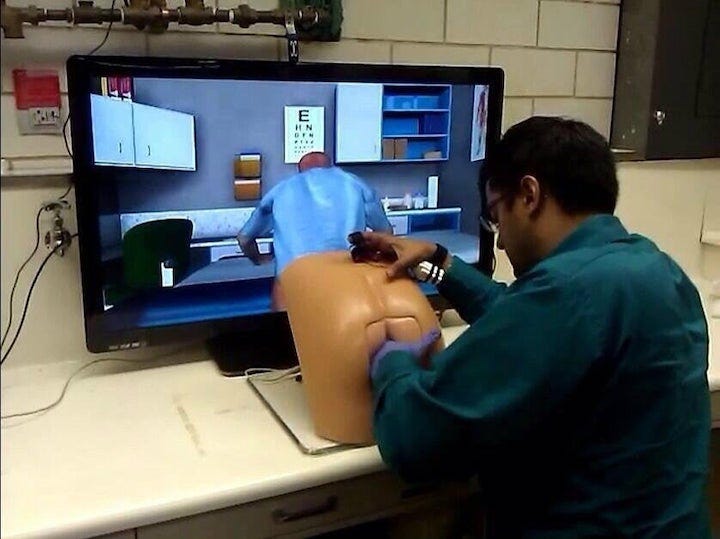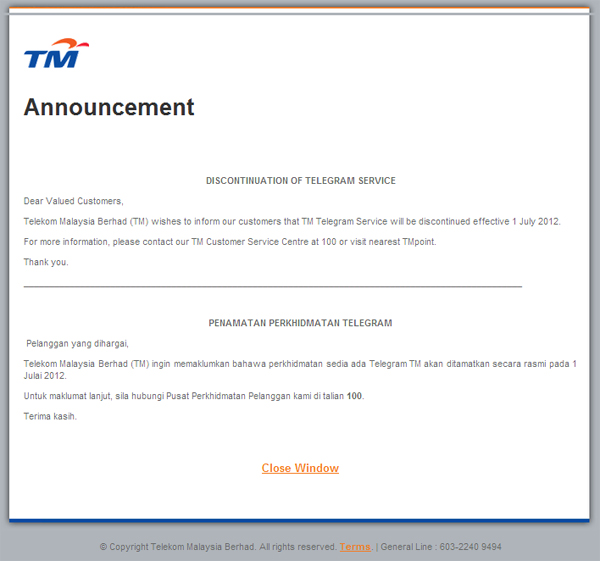Proctologist meaning - Colorectal Surgery legal definition of Colorectal Surgery
The 96+ Best Proctologist Jokes
Therefore, when a general practitioner cannot discover answers to colorectal-related questions, it is preferable to refer the patient to a proctologist.
Diagnostic procedures, such as a , are very important in colorectal surgery, as they can tell the physician what type of diagnosis should be given and what procedure should be done to correct the condition.
Strong indicators of survival outcome or increased complications from surgery for elderly patients are underlying medical conditions.
proctology
If the cancer is widely metastatic or unresectable, treatment is then.
Today, these doctors are often called coloproctologists, colorectal surgeons or colon and rectal surgeons.
Supposedly, this was a polyp that turned cancerous! Some genes are : they are overexpressed in colorectal cancer.
- Related articles
2022 mail.xpres.com.uy


































